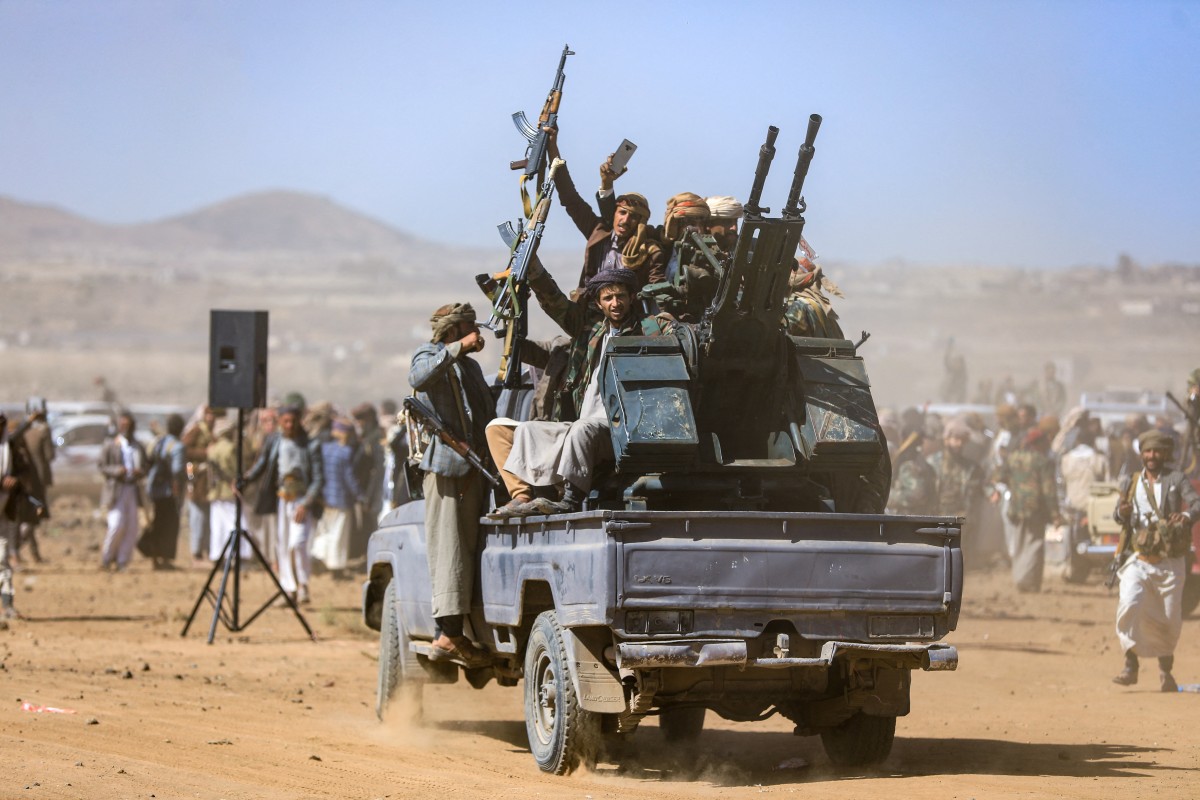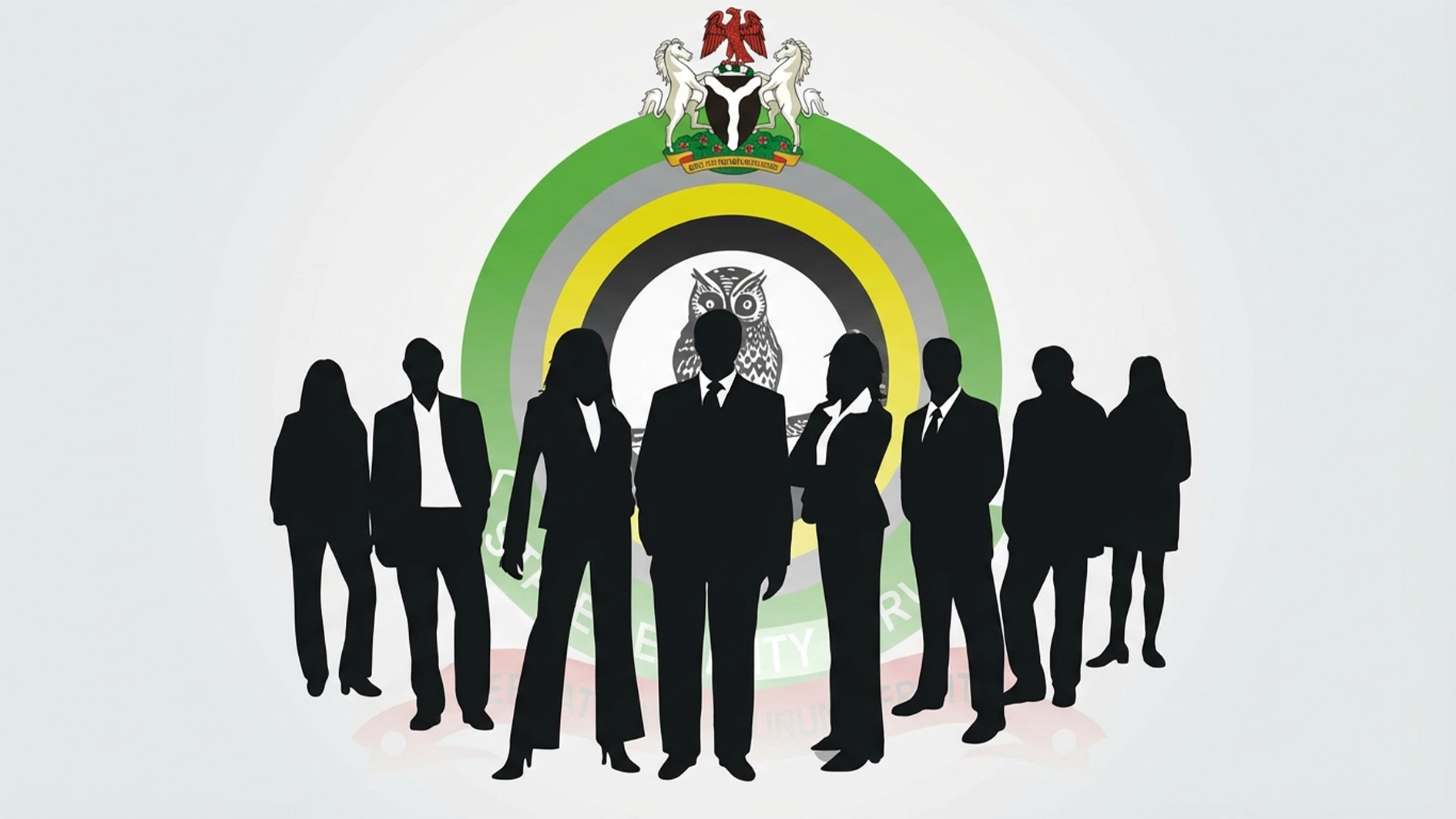Stakeholders in the Niger Delta region have emphasised the need for partnership and justice in driving development in the area.
The stakeholders, including traditional rulers, youth leaders, students, and indigenes of the Niger Delta region, gathered in Port Harcourt, River State capital, to deliberate on the two years of President Bola Tinubu’s administration.
The programme, themed “Two Years of Stewardship: Tinubu’s Footprint in the Niger Delta, Legacy in Motion,” centred on reflection and renewed demands for inclusive development in the region.
In his welcome address, Niger Delta Progressive Alliance convener, Victor Udoh, noted that true development is not an act of charity, but an act of justice.
Udoh stressed that projects alone are insufficient to address the region’s challenges, just as he called for a collaborative approach between private sector leaders, government institutions, traditional authorities, and civil society voices.
He said, “We request that the oil beneath our feet be matched by the dignity in our communities, hat our votes reflect vision, that our history informs our policy, and our culture be woven, not erased, into the fabric of the nation’s collective story.”
Udoh praised President Tinubu for shifting the national focus towards peacebuilding and intellectual empowerment in the region, highlighting progress in education, infrastructure, and environmental recovery.
He also called for expanding development narratives that emphasise human dignity alongside resource management.
Meanwhile, Jator Abido, the National Coordinator of the Niger Delta Youth Council Worldwide, commended President Tinubu’s reforms, including renewed focus on modular refineries, oil and gas asset protection, and youth engagement.
Abido, however, urged the government to go further by reinforcing the Presidential Amnesty Programme and collaborating closely with the NDDC to implement youth-oriented initiatives in education, skills, health, and mental wellness.
He said, “As a Youth Council representing the hopes and voices of millions across the creeks, cities, and uplands of the Niger Delta, we must emphasise that the future of this administration’s legacy in our region rests on a deliberate investment in youth development, environmental justice, and inclusive economic participation.
“We appeal for the deepening of the Presidential Amnesty Programme and call for greater synergy with bodies like the Niger Delta Development Commission (NDDC) to roll out region-specific interventions in education, skills training, health, and mental wellness, because a stable youth population is a stable region.
“We also urge President Tinubu to champion a new Niger Delta Master Plan that responds to the realities of climate change, insecurity, and unemployment in a way that benefits both host communities and the nation at large.”
On their parts, His Royal Majesty, Stanhope Okeorji of Amato Mgboko community in Abia State, acknowledged Tinubu’s efforts but appealed for a stronger grassroots impact.
He said, “It is not easy managing 36 states. We understand, but our people are complaining bitterly. Those close to the president should let him know,” he said.
Similarly, His Royal Highness, Abiye Iyo, Omubaraibibo of Etche LGA in Rivers State, commended the president’s role in restoring peace between Governor Siminalayi Fubara and FCT Minister Nyesom Wike as he called for increased investment in tech-driven job creation for youths.
He said, “We thank the president for his swift intervention in Rivers State, helping to broker peace between Governor Siminalayi Fubara and the Federal Capital Territory minister, Chief Nyesom Wike. For all of us here, we cannot strive without peace, and peace was mentioned in the Bible up to five hundred times. Without peace, there can be no development, so we should strive for peace in the Niger Delta. We want the organisers of this event to consider job creation opportunities for our young people. Now that the world has gone digital, whatever the president’s policy is, it should centre on tech.”






